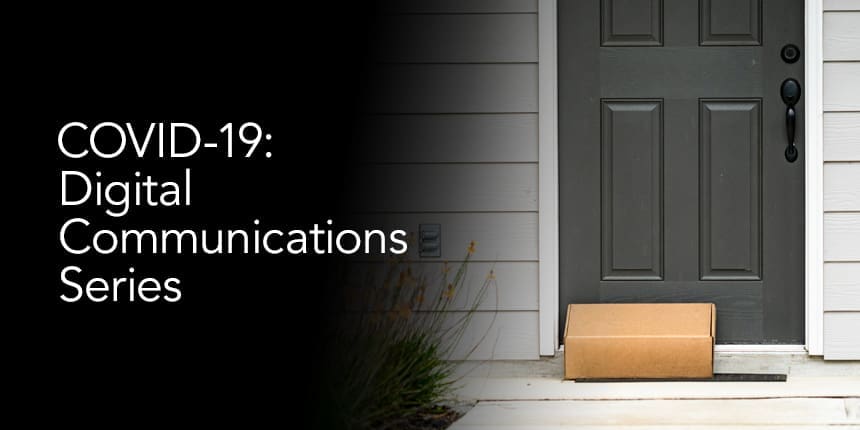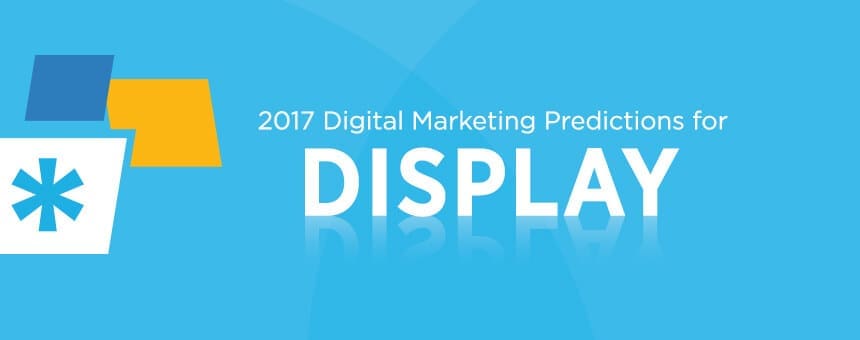
 2017-trends-online-display-advertis...
2017-trends-online-display-advertis... 
As we enter the new year, data and technology will continue to drive innovation and performance of online display advertising for savvy brands. Here are the top six display trends on the horizon.
1) Online to offline attribution gets real
Display ads will become more hyper-locally focused to identify not just online lifts through attribution reports, but in-store lifts as well. As technology progresses and the amount of data collected through our data management platforms and reporting tools increases, the desire to – and our ability to – understand consumer behaviour offline is growing. As we get closer to understanding how our online efforts drive in-store visits, we can start to see foot traffic and put a true cost per visit (CPV) to our metrics.
2) Brands will connect with consumers live
Live video streaming will go mainstream and brands will need to learn how to immerse consumers into their live stream experiences. Promoting these events on social channels will be a significant driver of getting the word out, but the real driver will be understanding how to ensure what – and where – you are streaming is relevant to your audience.
3) Native advertising will explode
Yes I know this is a tactic that has been around for a while and is already used by brands because it is an easy way to get natural-looking visibility, but it is on the up and continues to progress. Native advertising is undoubtedly an effective way to get your consumers attention. I would not be surprised if we see newer, more improved forms of native advertising offered by major publishers.
4) Creative will be key for storytelling
With the expansion of carousel ads from social channels to search platforms, compelling visuals and creative will be key. Google is the first to experiment with carousel ads in search engine results pages: images and content that consumers can swipe through, known as visual site links.
Currently, they are only running in the auto industry, but the capability will slowly expand to all verticals. This is important because brands will have the ability to give potential customers a 360-degree view of their products at search level. For this to work, brands need to invest in high-quality creative designed to immerse consumers in the brand story.

5) More focus on ROI and brand awareness
For many years display was all about building brand awareness – simply getting the company’s name out there. While this is still a strategy that many brands need and will continue to use, many companies will want to understand the bigger picture of display and how it drives ROI. In 2016, many platforms developed brand lift reports, conversion lift reports, and attribution reports to help tell the bigger story of how online display drives ROI, but this was just the beginning of understanding display advertising. In 2017 we will want to look closer at how we can drive not only online sales but also in-store metrics.
6) Data visualisation will help tell the display story
“Big data” was a buzz term in 2015 and 2016, but many brands did not know what to do with it. In order to digest big data, brands needed to hire analytics specialists to break down the data and make the information actionable. With the use of tools like Qlik or Tableau, breaking data down into an easy-to-read style is going to become much more straightforward and make a big difference in decision making for big brands. Data visualisation will help brands understand their marketing efforts and drive informed decisions about future campaigns.
Michael Jurik is Display Media Director at DAC, a digital performance agency specialising in connecting enterprise-level brands with customers on a hyper-local level. To learn more about what’s ahead for display marketers, please get in touch with DAC!

